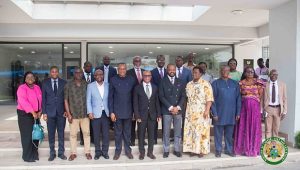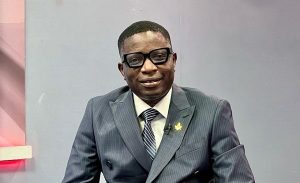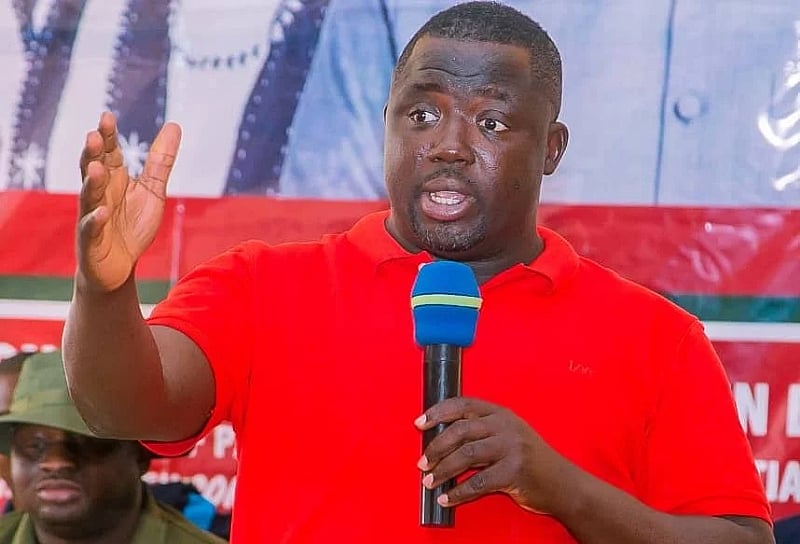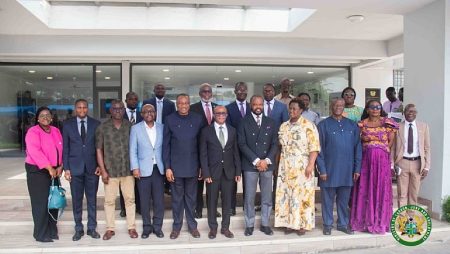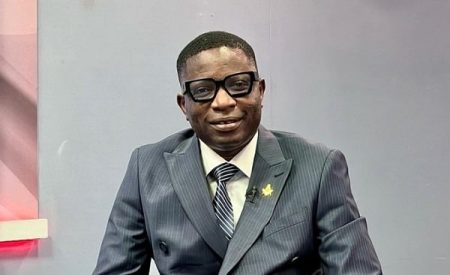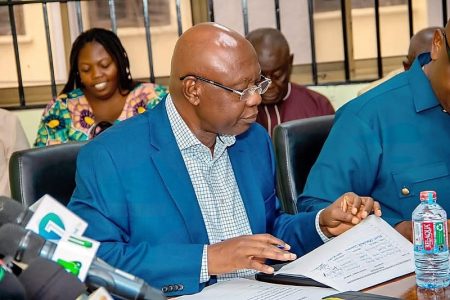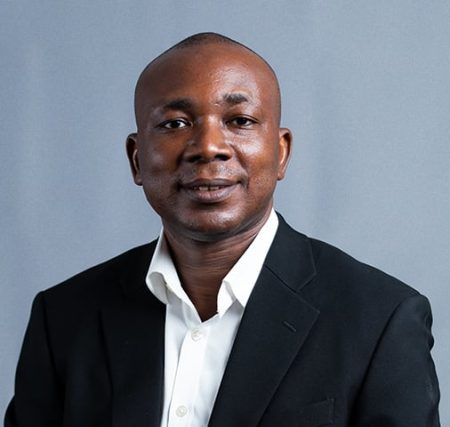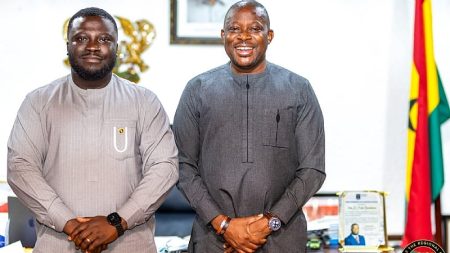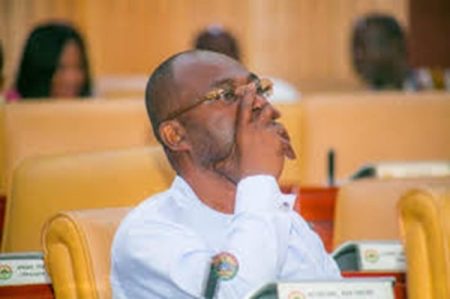The political landscape of Ghana witnessed a controversial moment during the 2024 presidential election when Dr. Mahamudu Bawumia, the then-presidential candidate of the New Patriotic Party (NPP), conceded defeat to John Dramani Mahama, the NDC flagbearer, before the official declaration of results by the Electoral Commission (EC). This preemptive concession has sparked a firestorm of debate, with Mustapha Gbande, Deputy General Secretary of the NDC, emerging as one of its most vocal critics. Gbande argues that Bawumia’s action undermined the authority of the EC and set a dangerous precedent for future elections.
Gbande’s primary contention is that Bawumia’s concession usurped the constitutional mandate of the EC, the sole body authorized to declare election results. By preempting the official announcement, Bawumia effectively positioned himself as the arbiter of the electoral process, thereby disrespecting the established legal framework. Gbande emphasizes that a concession should follow, not precede, the official declaration. He insists that conceding defeat before the official results implies a preemptive acceptance of loss, whereas a true concession acknowledges the results while maintaining the right to disagree. Therefore, Bawumia’s action, according to Gbande, wasn’t a concession in the true sense but rather a premature declaration of his own defeat.
Furthermore, Gbande rejects the narrative that Bawumia’s early concession averted potential chaos or violence. He contends that the atmosphere in the country was peaceful and that the public accepted the outcome of the election without incident. He dismisses the notion that Bawumia’s action was necessary to maintain stability as a manufactured narrative designed to portray him as a statesman. Gbande posits that this narrative falsely credits Bawumia with preventing a crisis that never existed. This, according to Gbande, was a calculated move by Bawumia to garner unearned praise and solidify his image as a peacemaker.
Gbande criticizes the act as being driven by a desire for public acclaim rather than genuine respect for democratic processes. He accuses Bawumia of “sloganeering and populism,” suggesting that the early concession was a theatrical performance aimed at boosting his public image. By preemptively conceding, Bawumia, according to Gbande, sought to project an aura of magnanimity and statesmanship, even though his actions circumvented established electoral procedures. He questions the motivation behind the act, portraying it as a self-serving maneuver disguised as a gesture of goodwill.
The NDC Deputy General Secretary also raises concerns about the potential long-term consequences of Bawumia’s preemptive concession. He fears that such actions could normalize the circumvention of electoral bodies and undermine public trust in the integrity of the electoral process. By blurring the lines of institutional responsibility, Bawumia’s action, Gbande argues, sets a dangerous precedent that could encourage future candidates to disregard the authority of the EC. This could potentially lead to instability and disputes over election outcomes.
Gbande’s critique of Bawumia’s early concession reflects a broader concern within the NDC about the erosion of democratic norms and the increasing prioritization of political showmanship over adherence to established procedures. While some may view Bawumia’s gesture as an act of maturity and a reinforcement of democratic principles, Gbande and his supporters see it as a dangerous deviation from established protocols, potentially leading to a slippery slope where individual actors usurp the authority of constitutionally mandated institutions. The debate sparked by this incident highlights the continuing tension between political expediency and the imperative to uphold the integrity of democratic processes in Ghana. The implications of Bawumia’s actions, as interpreted by Gbande, extend beyond the immediate context of the 2024 election, raising fundamental questions about the future of electoral conduct and the balance of power between political actors and established institutions.


